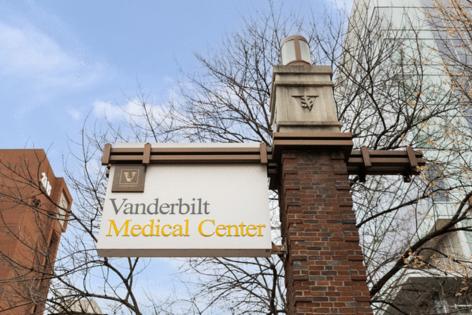Medicaid cuts set to drain revenue at elite teaching hospitals
Published in Business News
Few in the U.S. healthcare sector are immune to the effects of Washington’s recent cuts to Medicaid, even the cash-rich teaching hospitals affiliated with top-notch medical schools.
These facilities, often known as academic medical centers or AMCs, are usually seen as the cream of the industry crop for their top-tier credit ratings and ability to churn out revenue. But federal cuts to the public health insurance program for low-income and disabled people will lead to less funding for teaching hospitals around the country. In response, they’ve already started to reduce staff and scale back operations.
In June, Vanderbilt University Medical Center said it would lay off as much as 650 people. About 300 positions are being eliminated at the health system tied to the University of Pennsylvania, an Ivy League school. And just last week, the University of Vermont Health Network announced staff and spending cuts.
Add in other industry challenges such as rising costs and labor shortages — which stretch back to the Covid-19 pandemic — and AMCs, once seen as a trophy, now look like a liability.
“It could be material potentially for individual credits,” said Brad Spielman, a vice president at Moody’s Ratings, referring to Medicaid funding, which was cut by nearly $1 trillion over ten years. “Money withdrawn is money withdrawn.”
The risk to AMCs is a drop in revenue as some patients lose Medicaid coverage and reimbursements for their care decline. That could spell trouble for schools with teaching hospitals. Medical facilities contributed to 45% of their total revenue in fiscal 2023, according to a Moody’s report.
For universities, that income from their medical centers can be “very good in the good times and not so great in the bad times,” said Patrick Ronk, an analyst covering higher education at Moody’s.
In recent years, some AMCs have increased their exposure to Medicaid patients by acquiring community hospitals in deals meant to expand their networks and boost income. Members of the Association of American Medical Colleges — which includes AMCs, medical schools and academic societies — make up just 5% of the nation’s hospitals but provide about 27% of Medicaid hospitalizations.
AMCs won’t just be affected by Medicaid cuts, which will be phased in over the next few years. The Trump Administration has also frozen billions in research grants and moved to scale back other federal support, which will also put a strain on operations, according to Leonard Marquez, who oversees government relations and advocacy at the Association of American Medical Colleges.
It adds up to “death by a thousand cuts,” Marquez said. “I’ve never seen a situation where we have so many different lines of attack coming at us.”
©2025 Bloomberg L.P. Visit bloomberg.com. Distributed by Tribune Content Agency, LLC.












Comments